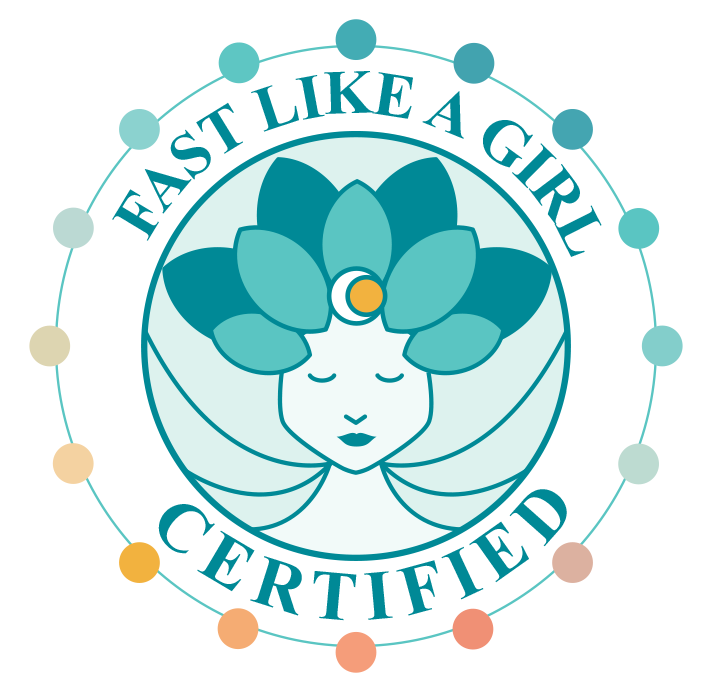When I was in first grade, I overheard my teacher telling my mother that I was smart.
Do you remember being labeled as good at something early in life?
How did that play out?
I was not sure what being smart meant then, but I felt that I had something to live up to.
Since then I have learned how being held as smart may have shaped my life and how I think about myself and my challenges.
Carol Dweck, Ph.D. conducted hundreds of studies investigating success and achievement to reveal the power of our mindset. One study, in particular, studied the effect of what you praise in an adolescent. Her research can apply to us as well.
A Study
She gave students ten fairly difficult problems from a nonverbal IQ test. They mostly did pretty well on them. When they were done, they were praised. However, half of the students were praised for one thing and the other half were praised for another thing.
The group of students praised for their ability were told things like: “Wow. You got eight right. That’s a really good score. You must be smart at this.” It made them feel like they had a gift.
The other group of students were praised for their effort. They were told statements like: “Wow, you got eight right. That’s a really good score. You must have worked really hard.” It made them feel like they did what it takes to succeed.
Change in mindset
That praise changed the adolescents immediately. When they were asked if they wanted to do a challenging new task that they could learn from, each group had a different response.
The group that felt they had a gift because they were smart at the first test declined the challenging new test. They didn’t want to be at risk of exposing their flaws if they were not to succeed, and it would call into question their gift.
On the other hand, a full ninety percent of the group that were praised for their effort wanted the challenging new task that they could learn from.
When all the new students were given hard new problems, each group came to different conclusions. The group who thought they were gifted but did not do well on the test came to the conclusion that they were not smart after all. They felt deficient.
The group who were praised for their effort concluded that the harder test meant simply that they needed to apply more effort. They did not see it as a failure, and they did not feel it was a measure of their smarts.
Enjoyment of the test
The study then looked at the students’ enjoyment of the problems on the tests.
When they did well, all students loved doing the problems. However, when they got the difficult problems, the two groups felt differently.
Those students who were praised for their ability, their gift, did not think the problems were fun anymore. They felt their gift was called into question and it was killing the enjoyment of the problems.
The students who were praised for their effort felt differently. They still loved the problems. Some of these students even said that the more difficult problems were even more fun.
Further tests
Next, the study looked at subsequent performance in tests.
Those students who were praised for their gift actually did worse, even when they were given easier problems. They apparently lost faith in their gift, their ability, and did worse than when they started.
On the other hand, the students who were praised for their effort did better and better on the tests. They had used the hard problems to sharpen their skills, and when they had easier problems, they soared in performance.
How can we apply this?
What can we take away from this study? Even though most of us reading this are not adolescents, we are still learning. We can learn in a certain atmosphere and we stop learning in another.
The kind of atmosphere that kills learning is one in which we are told what is wrong with us and mistakes are not tolerated. This breeds worry about our abilities and the need to defend them. This may lead to an attitude of indifference, so that we are not affected by the judgments. We may also sabotage our efforts by not trying.
Do you recognize any of this in your life?
It may appear in our self-talk or the way we respond to challenges when being less-than-successful at them. It may be how other treat us, but more often we have internalized this kind of attitude that can do damage to learning.
Obviously, we are not entirely one way or another. While we may have some of the attitudes that kill learning, and we can question those assumptions. We can nurture an atmosphere of loving learning. We recognize there are no shortcuts.
To be like the students that loved learning, and even the hard problems, we need to recognize and appreciate ourselves for our effort. We can do this in an atmosphere of trust, not judgment. We can commit to others around us as learners too. We can point out to others when they are doing the behavior they wanted to learn, and they can return the favor.
When we love learning, we commit to the fundamentals. We use the tools we have to close the gap between what we don’t know and what we want to learn. Our goal can be to expand our skills and knowledge, no matter what it looks like. It is a combination of accepting a challenge and nurturing our growth to meet the challenges.
It’s up to you
The point is that we are in charge.
Now that we know what kills learning and what fosters it, we have a choice. We can focus on growing our mind and skills by appreciating our effort and not feeling like we have to defend ourselves for how we have been labeled.
We can look forward to challenges for the potential they have to grow our skills. We can make failure our friend, because of what we learn from it. We can be exactly as we are without any excuse or lie or need to defend because what we are doing is learning.
We can do what it takes to succeed for the love of it. Our efforts bring us the reward, and it is not dependent on the outcome.
Too often we are stressed because we are trying to keep up a facade. By fostering a learning mindset, we can ride the wave, go with the flow of the challenge and outcome.
This not only will relieve negative feelings about ourselves; the studies have shown that keeping the learning mindset continues to increase our success in what we do.
Please comment below about how the learning mindset plays out in your life.





